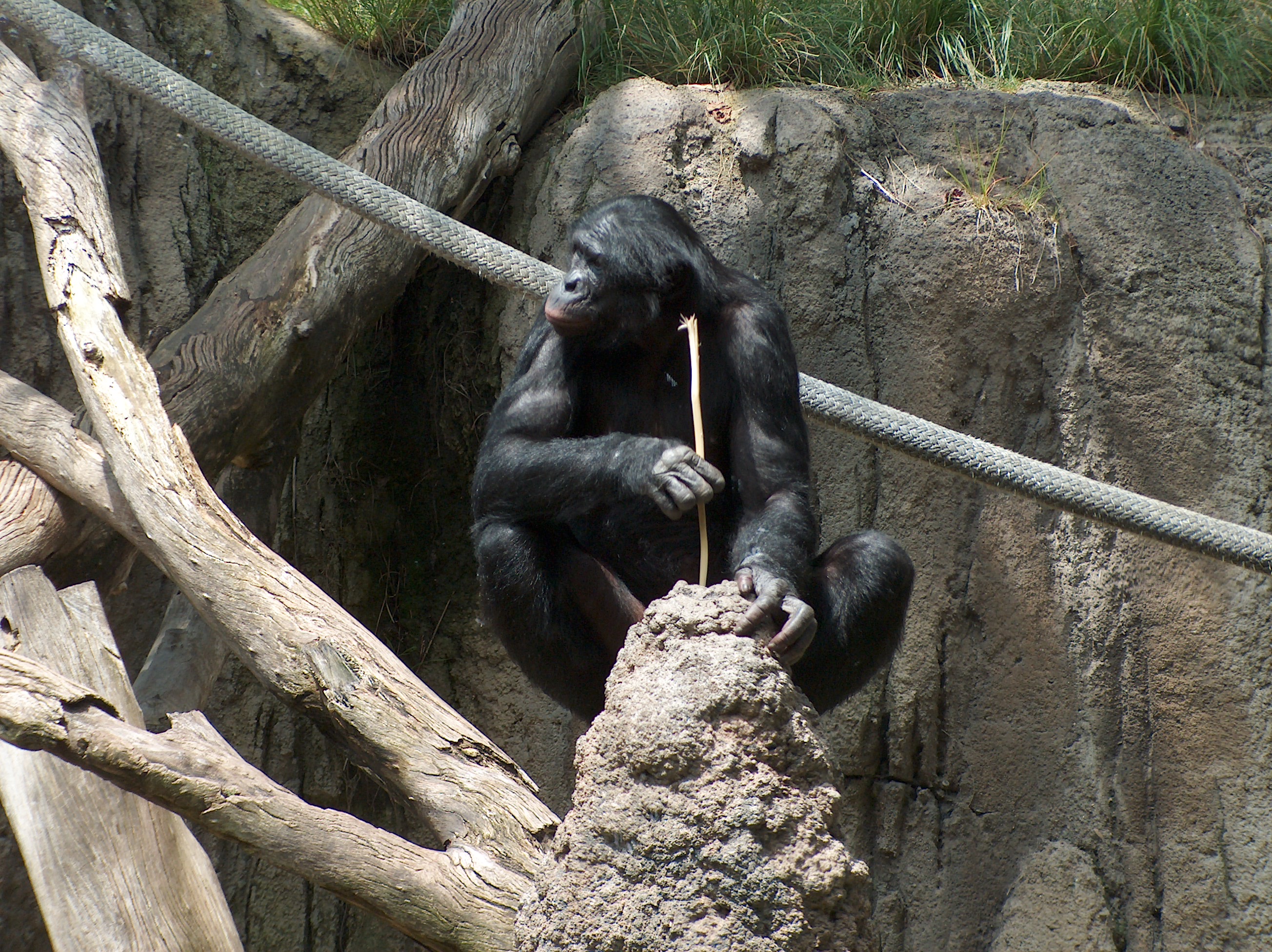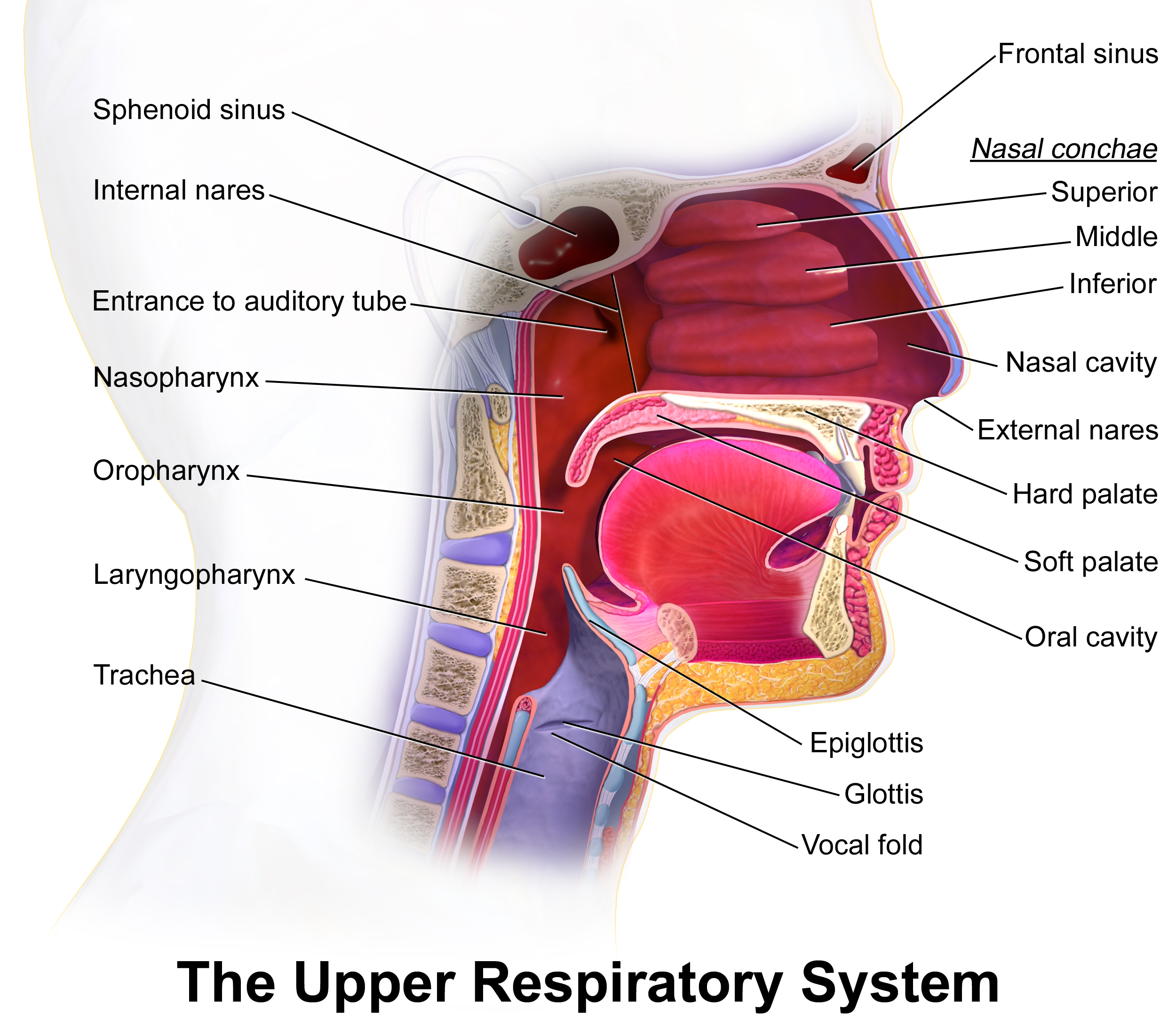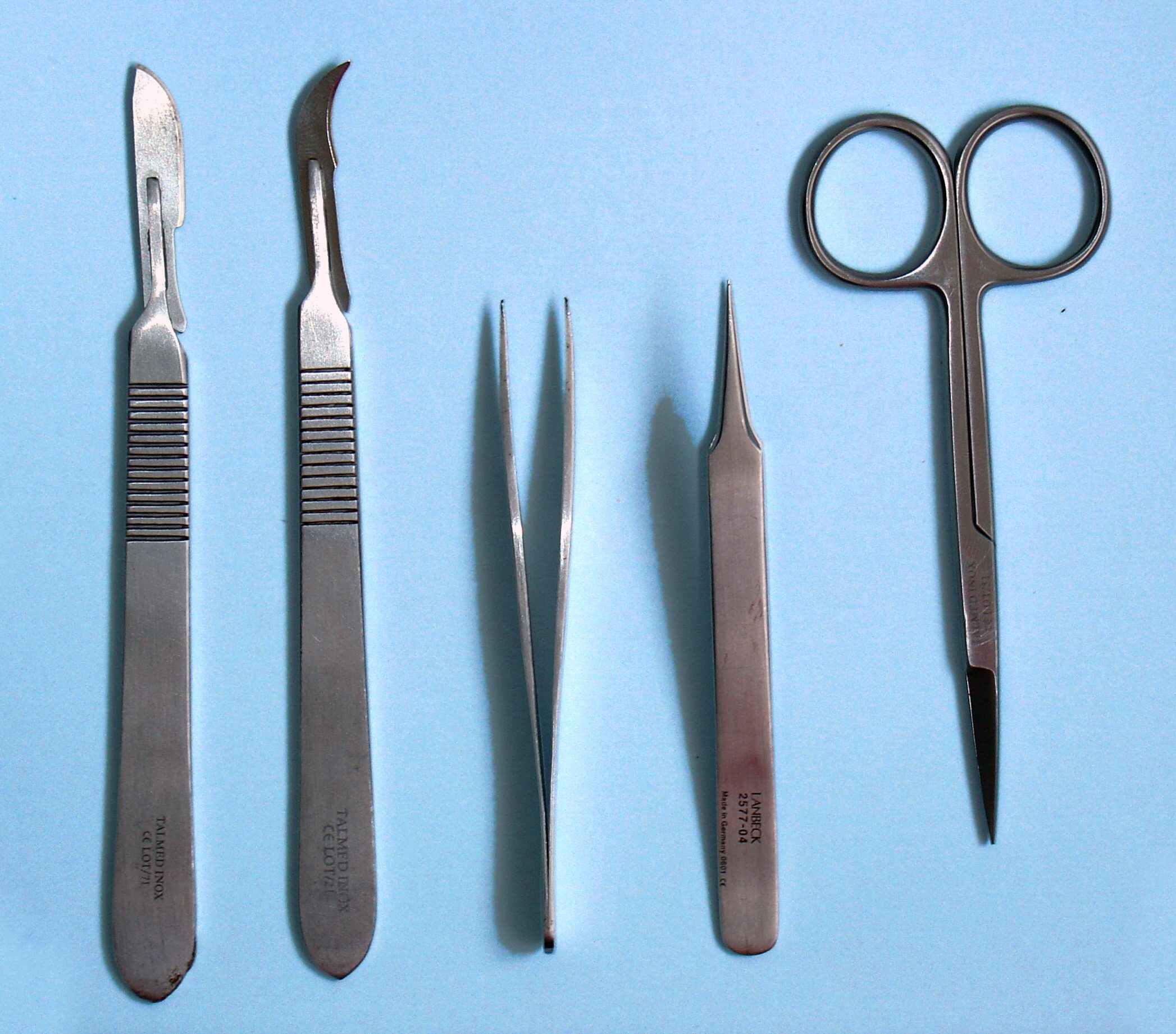|
Alcmaeon Of Croton
Alcmaeon of Croton (; el, Ἀλκμαίων ὁ Κροτωνιάτης, ''Alkmaiōn'', ''gen''.: Ἀλκμαίωνος; fl. 5th century BC) was an early Greek medical writer and philosopher-scientist. He has been described as one of the most eminent natural philosophers and medical theorists of antiquity and he has also been referred to as "a thinker of considerable originality and one of the greatest philosophers, naturalists, and neuroscientists of all time." His work in biology has been described as remarkable, and his originality made him likely a pioneer. Because of difficulties dating Alcmaeon's birth, his importance has been neglected. Biography Alcmaeon was born in Croton and was the son of Peirithous. Alcmaeon is said by some to have been a pupil of Pythagoras, and he is believed to have been born c. 510 BC. Although he wrote primarily about medical topics, there is some suggestion that he was a philosopher of science, not a physician. He also practiced astrology and ... [...More Info...] [...Related Items...] OR: [Wikipedia] [Google] [Baidu] |
Western Philosophy
Western philosophy encompasses the philosophical thought and work of the Western world. Historically, the term refers to the philosophical thinking of Western culture, beginning with the ancient Greek philosophy of the pre-Socratics. The word ''philosophy'' itself originated from the Ancient Greek (φιλοσοφία), literally, "the love of wisdom" grc, φιλεῖν , "to love" and σοφία '' sophía'', "wisdom"). History Ancient The scope of ancient Western philosophy included the problems of philosophy as they are understood today; but it also included many other disciplines, such as pure mathematics and natural sciences such as physics, astronomy, and biology (Aristotle, for example, wrote on all of these topics). Pre-Socratics The pre-Socratic philosophers were interested in cosmology; the nature and origin of the universe, while rejecting mythical answers to such questions. They were specifically interested in the (the cause or first principle) of the ... [...More Info...] [...Related Items...] OR: [Wikipedia] [Google] [Baidu] |
Astrology
Astrology is a range of Divination, divinatory practices, recognized as pseudoscientific since the 18th century, that claim to discern information about human affairs and terrestrial events by studying the apparent positions of Celestial objects in astrology, celestial objects. Different cultures have employed forms of astrology since at least the 2nd millennium BCE, these practices having originated in Calendrical calculation, calendrical systems used to predict seasonal shifts and to interpret celestial cycles as signs of divine communications. Most, if not all, cultures have attached importance to what they observed in the sky, and some—such as the Hindu astrology, Hindus, Chinese astrology, Chinese, and the Maya civilization, Maya—developed elaborate systems for predicting terrestrial events from celestial observations. Western astrology, one of the oldest astrological systems still in use, can trace its roots to 19th–17th century BCE Mesopotamia, from where it spr ... [...More Info...] [...Related Items...] OR: [Wikipedia] [Google] [Baidu] |
Anaximander
Anaximander (; grc-gre, Ἀναξίμανδρος ''Anaximandros''; ) was a pre-Socratic Greek philosopher who lived in Miletus,"Anaximander" in ''Chambers's Encyclopædia''. London: George Newnes, 1961, Vol. 1, p. 403. a city of Ionia (in modern-day Turkey). He belonged to the Milesian school and learned the teachings of his master Thales. He succeeded Thales and became the second master of that school where he counted Anaximenes and, arguably, Pythagoras amongst his pupils. Little of his life and work is known today. According to available historical documents, he is the first philosopher known to have written down his studies, although only one fragment of his work remains. Fragmentary testimonies found in documents after his death provide a portrait of the man. Anaximander was an early proponent of science and tried to observe and explain different aspects of the universe, with a particular interest in its origins, claiming that nature is ruled by laws, just like human soc ... [...More Info...] [...Related Items...] OR: [Wikipedia] [Google] [Baidu] |
Stromata
The ''Stromata'' ( el, Στρώματα), a mistake for ''Stromateis'' (Στρωματεῖς, "Patchwork," i.e., ''Miscellanies''), attributed to Clement of Alexandria (c. 150 – c. 215), is the third of a trilogy of works regarding the Christian life. The oldest extant manuscripts date to the eleventh century. The work is titled ''Stromateis'' ("patchwork”) because it deals with such a variety of matters. It goes further than its two predecessors and aims at the perfection of the Christian life by initiation into complete knowledge. It attempts, on the basis of Scripture and tradition, to give such an account of the Christian faith as shall answer all the demands of learned men, and conduct the student into the innermost realities of his belief. The contents of the ''Stromateis'', as its title suggests, are miscellaneous. Its place in the trilogy is disputed – Clement initially intended to write the ''Didascalus'', a work which would complement the practical guidance of th ... [...More Info...] [...Related Items...] OR: [Wikipedia] [Google] [Baidu] |
Clement Of Alexandria
Titus Flavius Clemens, also known as Clement of Alexandria ( grc , Κλήμης ὁ Ἀλεξανδρεύς; – ), was a Christian theologian and philosopher who taught at the Catechetical School of Alexandria. Among his pupils were Origen and Alexander of Jerusalem. A convert to Christianity, he was an educated man who was familiar with classical Greek philosophy and literature. As his three major works demonstrate, Clement was influenced by Hellenistic philosophy to a greater extent than any other Christian thinker of his time, and in particular, by Plato and the Stoics. His secret works, which exist only in fragments, suggest that he was familiar with pre-Christian Jewish esotericism and Gnosticism as well. In one of his works he argued that Greek philosophy had its origin among non-Greeks, claiming that both Plato and Pythagoras were taught by Egyptian scholars. Clement is usually regarded as a Church Father. He is venerated as a saint in Coptic Christianity, Eastern Ca ... [...More Info...] [...Related Items...] OR: [Wikipedia] [Google] [Baidu] |
Nutrition
Nutrition is the biochemical and physiological process by which an organism uses food to support its life. It provides organisms with nutrients, which can be metabolized to create energy and chemical structures. Failure to obtain sufficient nutrients causes malnutrition. Nutritional science is the study of nutrition, though it typically emphasizes human nutrition. The type of organism determines what nutrients it needs and how it obtains them. Organisms obtain nutrients by consuming organic matter, consuming inorganic matter, absorbing light, or some combination of these. Some can produce nutrients internally by consuming basic elements, while some must consume other organisms to obtain preexisting nutrients. All forms of life require carbon, energy, and water as well as various other molecules. Animals require complex nutrients such as carbohydrates, lipids, and proteins, obtaining them by consuming other organisms. Humans have developed agriculture and cooking to replace for ... [...More Info...] [...Related Items...] OR: [Wikipedia] [Google] [Baidu] |
Four Humors
Humorism, the humoral theory, or humoralism, was a system of medicine detailing a supposed makeup and workings of the human body, adopted by Ancient Greek and Roman physicians and philosophers. Humorism began to fall out of favor in the 1850s with the advent of germ theory, which was able to show that many diseases previously thought to be humoral were in fact caused by microbes. Origin The concept of "humors" (chemical systems regulating human behaviour) became more prominent from the writing of medical theorist Alcmaeon of Croton (c. 540–500 BC). His list of humors was longer and included fundamental elements described by Empedocles, such as water, air, earth, fire, etc.. The concept of "humors" may have origins in Ancient Egyptian medicine, or Mesopotamia, though it was not systemized until ancient Greek thinkers. The word ''humor'' is a translation of Greek χυμός, ''chymos'' (literally juice or sap, metaphorically flavor). Ancient Indian Ayurveda medicine had deve ... [...More Info...] [...Related Items...] OR: [Wikipedia] [Google] [Baidu] |
Oxford University Press
Oxford University Press (OUP) is the university press of the University of Oxford. It is the largest university press in the world, and its printing history dates back to the 1480s. Having been officially granted the legal right to print books by decree in 1586, it is the second oldest university press after Cambridge University Press. It is a department of the University of Oxford and is governed by a group of 15 academics known as the Delegates of the Press, who are appointed by the vice-chancellor of the University of Oxford. The Delegates of the Press are led by the Secretary to the Delegates, who serves as OUP's chief executive and as its major representative on other university bodies. Oxford University Press has had a similar governance structure since the 17th century. The press is located on Walton Street, Oxford, opposite Somerville College, in the inner suburb of Jericho. For the last 500 years, OUP has primarily focused on the publication of pedagogical texts and ... [...More Info...] [...Related Items...] OR: [Wikipedia] [Google] [Baidu] |
Eustachian Tube
In anatomy, the Eustachian tube, also known as the auditory tube or pharyngotympanic tube, is a tube that links the nasopharynx to the middle ear, of which it is also a part. In adult humans, the Eustachian tube is approximately long and in diameter. It is named after the sixteenth-century Italian anatomist Bartolomeo Eustachi. In humans and other tetrapods, both the middle ear and the ear canal are normally filled with air. Unlike the air of the ear canal, however, the air of the middle ear is not in direct contact with the atmosphere outside the body; thus, a pressure difference can develop between the atmospheric pressure of the ear canal and the middle ear. Normally, the Eustachian tube is collapsed, but it gapes open with swallowing and with positive pressure, allowing the middle ear's pressure to adjust to the atmospheric pressure. When taking off in an aircraft, the ambient air pressure goes from higher (on the ground) to lower (in the sky). The air in the middle ear ... [...More Info...] [...Related Items...] OR: [Wikipedia] [Google] [Baidu] |
Dissection
Dissection (from Latin ' "to cut to pieces"; also called anatomization) is the dismembering of the body of a deceased animal or plant to study its anatomical structure. Autopsy is used in pathology and forensic medicine to determine the cause of death in humans. Less extensive dissection of plants and smaller animals preserved in a formaldehyde solution is typically carried out or demonstrated in biology and natural science classes in middle school and high school, while extensive dissections of cadavers of adults and children, both fresh and preserved are carried out by medical students in medical schools as a part of the teaching in subjects such as anatomy, pathology and forensic medicine. Consequently, dissection is typically conducted in a morgue or in an anatomy lab. Dissection has been used for centuries to explore anatomy. Objections to the use of cadavers have led to the use of alternatives including virtual dissection of computer models. Overview Plant and animal b ... [...More Info...] [...Related Items...] OR: [Wikipedia] [Google] [Baidu] |
Anatomy
Anatomy () is the branch of biology concerned with the study of the structure of organisms and their parts. Anatomy is a branch of natural science that deals with the structural organization of living things. It is an old science, having its beginnings in prehistoric times. Anatomy is inherently tied to developmental biology, embryology, comparative anatomy, evolutionary biology, and phylogeny, as these are the processes by which anatomy is generated, both over immediate and long-term timescales. Anatomy and physiology, which study the structure and function (biology), function of organisms and their parts respectively, make a natural pair of related disciplines, and are often studied together. Human anatomy is one of the essential basic research, basic sciences that are applied in medicine. The discipline of anatomy is divided into macroscopic scale, macroscopic and microscopic scale, microscopic. Gross anatomy, Macroscopic anatomy, or gross anatomy, is the examination of an ... [...More Info...] [...Related Items...] OR: [Wikipedia] [Google] [Baidu] |
Magna Graecia
Magna Graecia (, ; , , grc, Μεγάλη Ἑλλάς, ', it, Magna Grecia) was the name given by the Romans to the coastal areas of Southern Italy in the present-day Italian regions of Calabria, Apulia, Basilicata, Campania and Sicily; these regions were extensively populated by Greek settlers. These settlers, who began arriving in the 8th century BC, brought with them their Hellenic civilization, which left a lasting imprint on Italy (such as in the culture of ancient Rome). They also influenced the native peoples, such as the Sicels and the Oenotrians, who became hellenized after they adopted the Greek culture as their own. The Greek expression ''Megálē Hellás'', later translated into Latin as ''Magna Graecia,'' first appears in Polybius' '' Histories,'' where he ascribed the term to Pythagoras and his philosophical school. Strabo also used the term to refer to the size of the territory that had been conquered by the Greeks, and the Roman poet Ovid used the term in his p ... [...More Info...] [...Related Items...] OR: [Wikipedia] [Google] [Baidu] |

_-_Foto_G._Dall'Orto.jpg)

.jpg)


